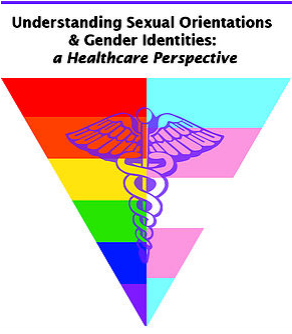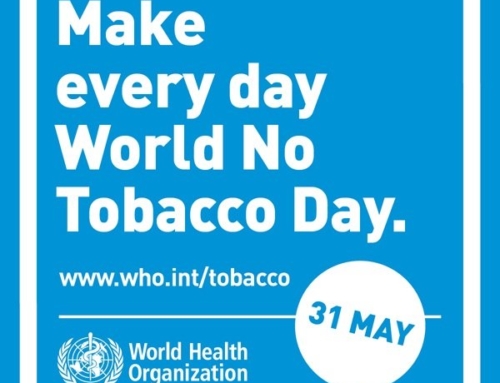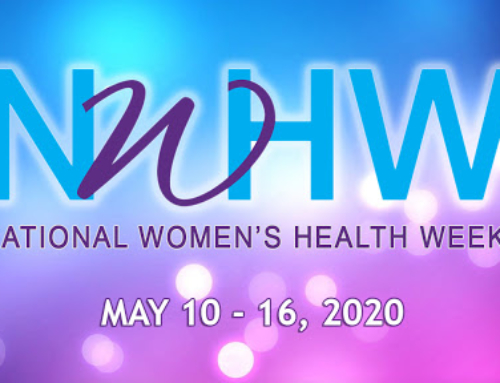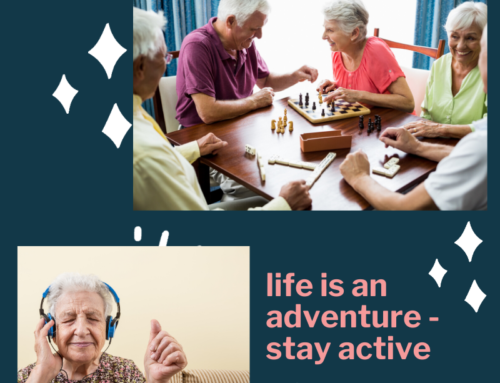Suwannee River Area Health Education Center hosts annual events that highlight topics important to our organization. This first annual education summit on LGBT healthcare experiences aimed to provide information to healthcare providers so that they could create a climate of inclusivity in their offices.
On Friday, March 18th, 2016, Suwannee River AHEC hosted its inaugural LGBQ&T conference geared towards educating healthcare providers, support staff and advocates on the experiences of the LGBQ&T populations when they seek out healthcare services. The conference included speakers and panelists highlighting best practices in the healthcare industry and the experiences of two transgender patients.
The conference kicked off with keynote speaker Stephanie Budge, Ph.D., visiting assistant professor at the University of Wisconsin-Madison’s Department of Counseling Psychology. Her presentation was on microaggressions, which are “commonplace verbal, behavioral or environmental indignities (unintentional or intentional) that communicate hostile, derogatory or negative slights and insults to people from marginalized groups”. Most of the examples she provided were of unintentional forms of discrimination that many gender and sexual minority patients face when seeking health services. Something as simple as a clinician repeatedly forgetting to use a patient’s preferred pronoun or making continued reference to one’s sexual preferences may not seem like a big deal. However, those repeated refusals to accept and acknowledge one’s identity devalues who they are as a person.
She emphasized the importance for clinicians to educate themselves on how to make their practices feel safe and welcoming to LGBQ&T patients, while also recognizing that it is safe to make mistakes. Clinicians shouldn’t feel a constant worry about saying or doing the wrong thing, but can learn when a patient expresses that a microaggression has occurred. The more open communication between a patient and the clinician, the more comfortable that patient will feel opening up about personal health issues.
Jennifer Evans, Psy.D., and Donna LaBarge, Ph.D., followed the keynote presentation with their talk on inclusivity and cultural competency. LaBarge discussed a survey that focused on “observing a need for more attention to issues of diversity within the field of women’s health, specifically regarding sexual diversity in women’s health within the medical field”. The study highlighted a common discomfort with patients feeling like they had to continually come out to their healthcare provider. This was emphasized through patient quotes from the survey, including a patient who stated, “When I disclose my sexual identity and that I partner with women, it always feels like a bit of a risk, which is tiring, frustrating and, at times, feels hurtful”. Jennifer Evans spoke next and discussed the importance of cultural competency and making your practice feel welcoming from the front office to the patient rooms. This included having images of gender-diverse people and same-sex couples on office websites and walls, as well as having LGBT literature readily available and accessible for patients walking in. Something as simple as going to the bathroom can be a traumatic experience for LGBT individuals, so making office bathrooms gender neutral immediately creates a more welcoming environment for those individuals.
Conference attendees then got to hear from transgender persons who shared their personal experiences seeking medical and mental health. Reilly-Owens Clemens discussed the hardships of navigating the legal system after a car crash involving alcohol. Simply deciding what bathroom to use and what officer would be in that bathroom resulted in continuous gender identity conversations that law enforcement may have had limited training on. Both Clemens and Eli Mender described their challenges with insurance companies not wanting to cover transgender-specific services when seeking medical and mental services. The takeaway from this panel was that there is a constant fight and pushback against LGBT&Q patients obtaining much needed health services, whether that’s due to a provider not wanting to help or an insurance company that makes coverage of transgender services difficult to obtain.
Up next was a panel consisting of Evans, Jennifer Heard, LMHC and Jean Zeeb, LCSW, LMHC, discussing mental health, substance abuse and intimate partner violence. Zeeb shared statistics showing the increased rates of alcohol and drug use amongst LGBT&Q individuals. Due to a lack of safe spaces available for these gender and sexual minorities, Zeeb stated many of them turn to clubs, where alcohol and drugs are easily accessible, to feel accepted. Evans then discussed the mental health of LGBQ&T people, who face increased rates of mental health disorders than heterosexuals. Among youth, LGB adolescents were found to engage in higher-risk behaviors than their heterosexual peers, which include behaviors related to suicide attempts, alcohol and drug use, and disordered eating. Evans stated that this can be attributed to the lack of acceptance these minority populations get at home, at school, in the media and other areas of everyday life. Jennifer Heard talked about intimate partner violence (PPV) and LGBTQ populations. She highlighted the increased rates of abuse these individuals face, such as transgender women not only having higher rates of violence and discrimination with IPV relationships, but also being 5.2 times more likely to experience police violence after reporting an IPV incident. This abuse can be emotional, physical, sexual or any combination of the three. Heard also discussed how health professionals can document and record incidences of abuse.
The final presenter was Naomi Ardjomand-Kermani, MPH, who discussed the need for inclusive and comprehensive sexual education. They went through a sex and gender 101 and important definitions that could be unfamiliar to many health practitioners. A large part of their talk was centered around the lack of quality, inclusive sex education. Many schools still teach abstinence-only education and use curriculum that teaches negative and false information about LGBT people. They emphasized the importance of having LGBT-inclusive sex education so that LGBT youth can learn how to make responsible decisions, as well as how to engage in healthy, sexual relationships without being pressured into unsafe situations.








Do you mind if I quote a few of your articles as long as I provide credit and sources back to your
blog? My blog is in the exact same niche as yours and my users would truly benefit from some of the information you present here.
Please let me know if this alright with you.
Thank you!